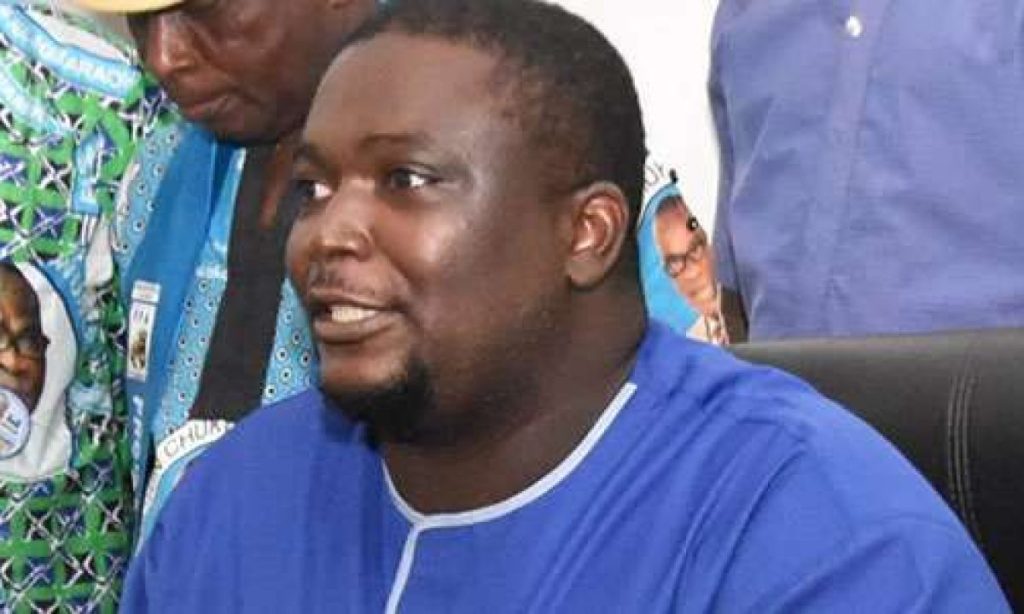A prominent Nigerian political figure has suggested that northern regions of the country could play a decisive role in shaping former Labor Party presidential candidate Peter Obi’s potential bid for the presidency in 2027. Chief Peter Ameh, a former presidential candidate and past chairman of Nigeria’s Inter-Party Advisory Council (IPAC), made the remarks during a televised interview, declaring Obi a frontrunner in early discussions about the upcoming election cycle.
Speaking on Politics Today, a program aired by Channels Television, Ameh emphasized Obi’s growing influence in national political discourse. “There is no party today discussing potential candidates where Peter Obi isn’t topping the list, including in surveys,” he stated. Ameh, who ran for office in the 2019 elections, described the former Anambra State governor as “in charge of the dynamic” shaping the path to 2027, particularly due to his ability to dominate public conversations about governance and economic reform.
While acknowledging Obi’s stronger historical support in southern Nigeria—where he secured 44% of votes in the 2023 election—Ameh argued that shifting attitudes in the north could alter the political landscape. He noted Obi’s northern support stood at 15.2% during the same election, while Rabiu Kwankwaso, a prominent northern politician, garnered approximately one million votes nationwide. However, Ameh criticized the emphasis on regional affiliations, calling instead for candidates to be evaluated based on competence and integrity.
“It pains me that we still frame politics around north versus south,” he said. “We should prioritize compassion, character, and disciplined management of public resources. Mismanagement and misplaced priorities have perpetuated hardship for ordinary Nigerians.” Ameh’s remarks reflect broader debates about Nigeria’s divisive regional politics and voter demands for accountability amid economic instability, inflation, and security challenges.
Political analysts observe that Obi’s performance in 2023—where he became the first third-party candidate to secure victories in states across multiple regions—has reshaped perceptions of his electability. His campaign’s focus on fiscal prudence and anti-corruption resonated with younger voters and urban populations, though criticisms persist about his ability to build a nationwide coalition.
Ameh’s commentary underscores the evolving strategies of Nigerian opposition figures as they position themselves ahead of the next election. With the ruling All Progressives Congress (APC) facing scrutiny over economic policies, political observers predict intensified efforts to court northern voters, who have historically played a pivotal role in determining presidential outcomes.
The discussion also highlights growing calls to move beyond identity-based politics, with Ameh stressing that effective leadership, rather than regional origin, should define Nigeria’s path forward. As the 2027 race gradually takes shape, the ability of candidates like Obi to address systemic issues while bridging longstanding divides will likely remain central to public debate.
